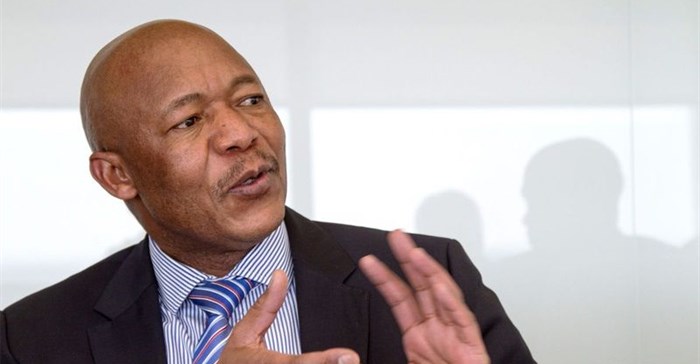
Top stories

Marketing & MediaBehind the campaign: Reframing fairness in ride-hailing: The inDrive success story
inDrive 2 hours





More news
















Eskom, which has debt of R360bn, is acknowledged by the Treasury, ratings agencies and banks alike to be a systemic risk to the economy. Two international banks have called in their loans since June and domestic lenders have warned they will do the same if a new board is not appointed by November 30.
The main client of the PIC, the Government Employees Pension Fund (GEPF), holds R84bn in Eskom bonds and R1.5bn in short-term bills.
Included in the first amount is a R20bn private placement by Eskom done in 2016 as part of a debt restructuring.
Speaking to journalists at a joint media event by the PIC and the GEPF, Matjila said the asset manager was developing a framework to guide its investments. This would tackle the question of whether to exit state-owned enterprises or how to intervene more effectively to influence governance. It would also guide the PIC on how it should respond should Eskom's credit rating fall any further.
Matjila said although the PIC was heavily exposed to Eskom - it held 23% of its total debt - it was well within the investment mandate provided by the GEPF.
"Our mandate allows us to invest in bonds and goes further to say we can invest in state-owned companies. If that debt is guaranteed by government, we can subscribe to the full amount [on offer]. So we have taken advantage of the government guarantee and remain within our mandate," he said.
Eskom debt is already rated subinvestment by all three main ratings agencies. A further sovereign rating could trigger another Eskom downgrade.
Abel Sithole, principal officer of the GEPF, said the fund had placed limits on investments in state-owned companies based on their credit ratings. He did not specify what these were.
"We do have limits of how low credit ratings can get. The limits differ, but if ratings were to go significantly into subinvestment, we would act," he said.
Matjila said the private placement, which arose when Eskom had maturing bonds, was executed with the consent of the GEPF and on a commercial basis in which the risk had been priced in.
"We are still within the mandate. But going forward, we are going to have to change course because we realise the systemic nature of this entity. The economy cannot afford for Eskom to fail. So we need to be more active and see how we can play a bigger role in fixing the governance of Eskom," he said.
Sithole said the GEPF was also engaging with Eskom, although "we are not shouting from the parapets".
Eskom being "too big to fail" is a notion gaining currency in government circles.
RMB credit analyst Elena Ilkova said Eskom was too big to fail in two senses: the economy needed it to produce electricity, and a default on a debt repayment would be disastrous as the government could not afford to have the contingent liability of Eskom added directly to government debt. "Too big to fail raises the question of whether the company is structured correctly to carry on, and raised the debate about whether Eskom should be split up. It is such a humungous enterprise and very difficult to manage," she said.
For many years experts have argued that Eskom's transmission and generation operations should be split up.
This would also encourage the introduction of real competition in electricity generation.
Grov Steyn, director at Meridian Economics, said the "domino effect" of an Eskom default could be terrible. "The state underwrites lots of Eskom debt and it also underwrites the pension money that is invested in Eskom debt," he said.
Eskom needed to look for "a radical cost cut" such as shutting down parts of the business that are not needed to keep the lights on for the foreseeable future.
Steyn, who made a presentation at Monday's public hearings on Eskom's tariff application, said the economics of decommissioning some of Eskom's older power stations and curtailing its capital expenditure programme, which could lead to a saving of R17bn, should be explored.

For more than two decades, I-Net Bridge has been one of South Africa’s preferred electronic providers of innovative solutions, data of the highest calibre, reliable platforms and excellent supporting systems. Our products include workstations, web applications and data feeds packaged with in-depth news and powerful analytical tools empowering clients to make meaningful decisions.
We pride ourselves on our wide variety of in-house skills, encompassing multiple platforms and applications. These skills enable us to not only function as a first class facility, but also design, implement and support all our client needs at a level that confirms I-Net Bridge a leader in its field.
Go to: http://www.inet.co.za